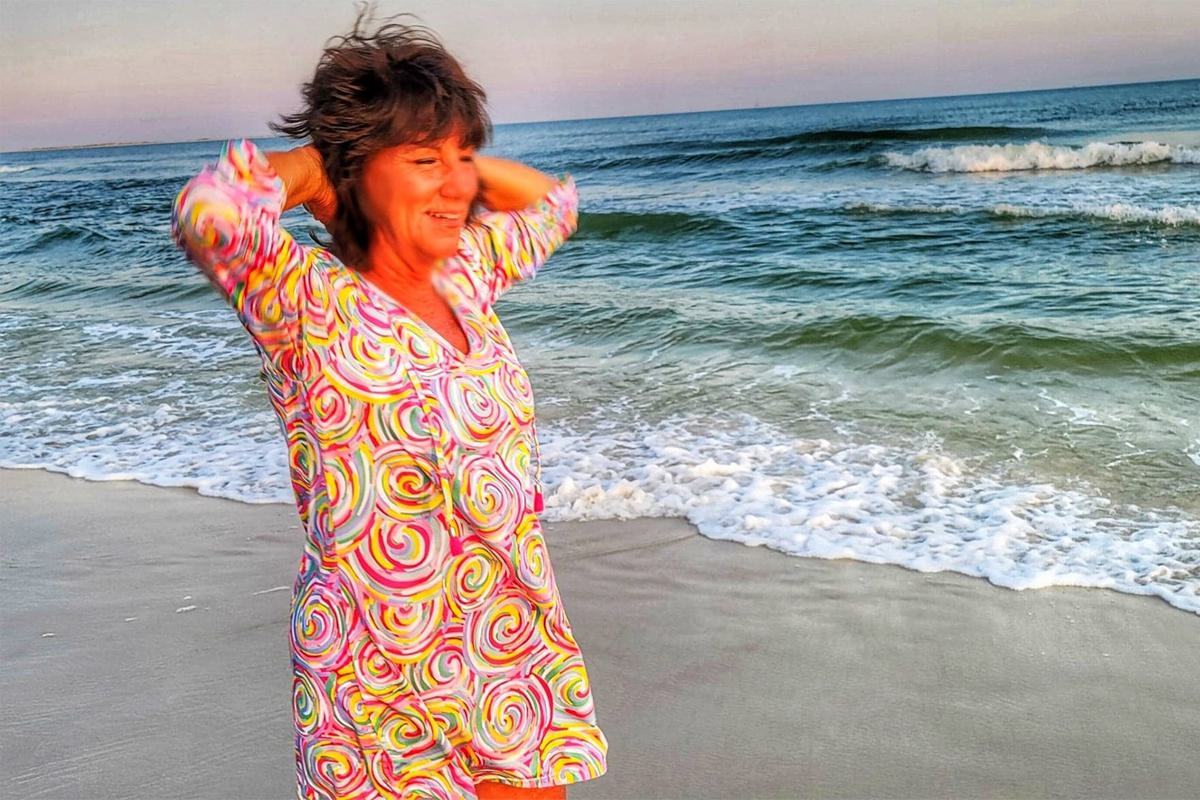Bonny Huddleston began the battle for her life when she was diagnosed with breast cancer at the age of 36. She has now won the battle and continues to spread awareness about the disease and what women can do to help save their own lives.
October is Breast Cancer Awareness Month, and according to a new report from UAB, more than 40,000 women die each year from the disease. In fact, breast cancer is the leading cause of death in women ages 35-60.
Doctors at UAB spoke to UAB News this week about how mammograms can reduce the risk of dying from breast cancer. As a UAB patient, Huddleston said she has learned a lot about risk factors for breast and other cancers. Todd Jenkins said spreading the word as Huddleston has done will save lives.
“Breast awareness is so important, and women should take action if something seems abnormal,” said Jenkins, M.D., professor in the Department of Obstetrics and Gynecology and director of the Division of Women’s Reproductive Healthcare. “UAB OB/GYN encourages patients to stay aware of their health in all areas, including breast health. We remain in close contact with other departments, such as the Department of Radiology, allowing patients to be connected quickly to other specialists. This is key for patients with breast cancer concerns.”
Jenkins has treated generations of patients at UAB, including Huddleston and her daughter. After she survived breast cancer, Huddleston battled colorectal cancer just 10 years later, and she said her surgeon and all of her doctors at UAB saved her life. Although she has now been cancer-free for over 10 years, Huddleston said Jenkins has always been helpful and informative.
“Dr. Jenkins is just amazing,” Huddleston said. “He’s probably one of the best doctors I’ve ever had. I think he’s very thorough, very respectful and just explains everything to you. Even with my daughter, he was very, very thorough because of our family history.”
Some women think mammograms can be painful, but Huddleston tries to explain to other women that they don’t hurt and that it's important to get them regularly.
“To me, it’s not painful, it’s pressure,” Huddleston said. “There’s a difference.”
Signs of breast cancer include lumps, masses, redness and discharge. Stefanie Zalasin, M.D., assistant professor in the UAB Department of Radiology, said the longer women put off a mammogram, the more extensive treatment may be necessary if cancer is detected.
“It is not only important to have regular mammograms, but it is also important that women continue to return each year,” Zalasin explained.
Huddleston said it’s also important for women to listen to their own bodies.
“If you think something doesn’t feel right, get it checked out,” Huddleston added. “If you still have weird feelings about it after a doctor tells you nothing is wrong, continue to push them.”
To connect with the author of this story, or to comment, email erica.thomas@1819news.com.
Don’t miss out! Subscribe to our newsletter and get our top stories every weekday morning.










